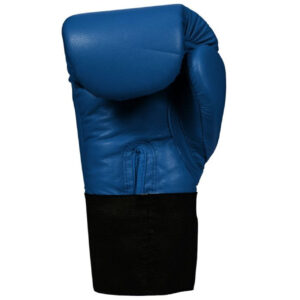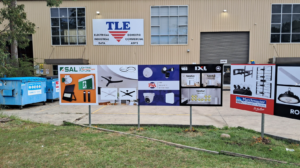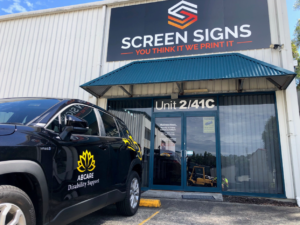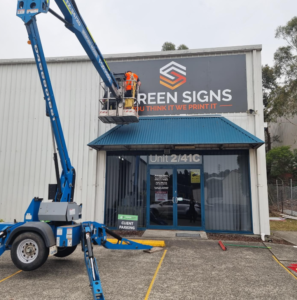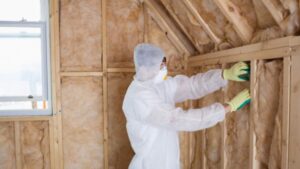Comparing Material Outcomes When You Hire a Certified Spray Foam Insulation Contractor
When choosing a spray foam insulation contractor, the decision goes beyond price or availability—it directly affects the structural integrity, energy efficiency, and longevity of your building. A certified contractor doesn’t just install insulation—they ensure the job is done safely, accurately, and in line with all relevant codes and product requirements. The quality of insulation depends as much on how it’s applied as the material itself.
The consequences of hiring an uncertified or undertrained installer can range from higher utility costs to compromised indoor air quality. This article explains, in clear terms, how material outcomes vary when you choose a certified professional versus someone without proper credentials. If you’re currently comparing bids from different spray foam insulation companies or considering doing it cheaply, this information will give you a grounded framework to make an informed decision.
Material Differences Between Certified and Uncertified Installers
The technical difference between certified and uncertified professionals is not always visible to the naked eye—but over time, the results show up in energy bills, air leaks, and costly repairs. Certified spray foam insulation contractors follow stringent industry guidelines. They use proper mixing ratios, maintain correct temperatures, and apply foam in even layers. These professionals are also trained in managing on-site risks like off-gassing and thermal stress during curing.
In contrast, uncertified installers often skip critical prep steps, apply foam in too-thick layers, or allow material to expand beyond its limits. The result is insulation that may look fine at first but shrinks, cracks, or pulls away from framing after a season or two.
Below is a direct comparison of outcomes:
Certified vs. Uncertified Installation Outcomes
| Performance Criteria | Certified Contractor | Uncertified Installer |
|---|---|---|
| Application Consistency | Uniform, within 5% tolerance | Irregular coverage, up to 25% inconsistency |
| Adhesion to Substrate | Strong, permanent bond | Weak adherence; foam may pull away over time |
| R-value Integrity | Maintained over lifespan | Often declines due to poor mixing or layering |
| Code Compliance | Always meets or exceeds local building codes | Inconsistent compliance; may need rework |
| Material Waste | Minimal, due to precise application | High; often requires cleanup and correction |
| Post-installation Defects | Rare (<2% callbacks reported) | Common (15-20% callbacks, especially in attics) |
| Lifespan | 20–30 years | 10–15 years or less |
| Warranty Coverage | Fully honored by manufacturer | May be void if installed incorrectly |
Certified contractors are also more likely to identify structural issues—like framing voids or vapor barrier conflicts—before beginning insulation, which prevents more serious problems later on.
The High Cost of Poor Installation
Many homeowners and builders assume that as long as spray foam is installed, the performance will be there. But improper installation leads to significant—and expensive—long-term problems.
One common failure is pull-away, where foam detaches from studs or rafters due to moisture or surface temperature errors. This creates air gaps that reduce insulation effectiveness and introduce pathways for moisture, pests, and outdoor air.
Another risk is excessive off-gassing from foam that hasn’t cured properly. Without strict control of temperature and humidity during application, foam can release volatile compounds into your home’s air for weeks.
Then there’s shrinkage. If foam is applied in layers that are too thick or uneven, it can contract as it cools—leaving gaps and making the insulation ineffective. These gaps aren’t just a nuisance; they make it harder for HVAC systems to maintain consistent temperatures, leading to higher utility bills and reduced comfort.
A certified spray foam insulation contractor is trained to avoid these issues entirely.
Technical Standards for Proper Application
Spray foam insulation requires a precise balance of chemistry and technique. Here are the technical parameters a certified contractor follows—and where uncertified professionals often go wrong:
Technical Specifications Table
| Parameter | Certified Contractor | Uncertified Installer |
|---|---|---|
| Material Mixing Temp | 110–130°F, consistently monitored | Varies, often below optimal range |
| Ambient/Substrate Temp | Maintained between 60–90°F | Not consistently tracked |
| Spray Thickness per Pass | 1 inch (closed-cell), 2 inches (open-cell) | Frequently over-applied in a single pass |
| Cure Time Before Trim | 1–2 hours | Often rushed or underestimated |
| Spray Pattern Control | Measured and even | Irregular, leading to weak adhesion or voids |
Even minor errors in temperature, mixture ratio, or spray angle can reduce insulation quality by 30% or more. These are mistakes that only trained professionals with hands-on experience and certification know how to avoid.

Market Data: Certified Work Yields Better Efficiency
Recent studies by the Insulation Contractors Association of America (ICAA) show that homes insulated by certified professionals are, on average, 17% more energy-efficient than those where spray foam was installed by uncertified workers. Additionally, callbacks for repair or patchwork are reported 5 to 6 times more frequently among uncertified jobs, especially in large projects like warehouses or multi-story homes.
This matters because most insulation savings accumulate gradually, month after month. Poor installation may only become obvious during extreme temperature swings or home energy audits, when correcting the issue becomes far more expensive.
What to Consider Before You Choose an Installer
Before hiring anyone to handle your spray foam project, think beyond the quote. Saving money upfront may cost you more in structural damage, warranty voids, and repeat labor. Evaluate the following:
- Experience in similar buildings: Every building has its own quirks—attic slopes, crawlspaces, HVAC ducts. Your contractor should have proven experience in similar conditions.
- Material type expertise: Open-cell and closed-cell foams behave differently during application. Confirm that your spray foam insulation company uses both correctly.
- Jobsite preparation: Ask how they assess surfaces before spraying. Certified professionals measure moisture, ambient temperature, and surface contamination.
- Documentation and warranty: Reliable spray foam insulation installers should provide jobsite documentation, post-installation inspection reports, and product warranties.
Common Questions
How do I confirm if someone is certified? Ask for proof of certification from the Spray Polyurethane Foam Alliance (SPFA) or a similar recognized organization. They should also be insured and bonded.
Is open-cell or closed-cell foam better? Closed-cell has a higher R-value and moisture resistance, ideal for exteriors. Open-cell spray foam is better for soundproofing interior spaces. Certified professionals can guide the best choice.
What signs indicate poor installation? Cold spots in walls, sudden energy bill increases, or visible foam pull-away are red flags. Get a thermal scan or energy audit to confirm.
Can spray foam go bad if installed incorrectly? Yes. Poorly mixed or over-applied foam can shrink, degrade, or release off-gassing compounds, reducing its effectiveness and posing safety issues.
How much more does a certified job cost? Certified jobs may cost 10–15% more upfront but eliminate the need for future rework, ensuring higher efficiency and lower long-term costs.
Final Thoughts on Choosing the Right Insulation Expert
The real cost of poor insulation isn’t just in money—it’s in time lost managing callbacks, the stress of failing inspections, and discomfort in your own building. Hiring a certified spray foam insulation contractor is about protecting your property, not just filling walls with foam. Certified specialists bring precision, accountability, and verified outcomes. They know how to adjust for site-specific variables and avoid costly errors.
If you’re planning an insulation project and want long-term peace of mind, partner with an insulation company that hires certified professionals, guarantees product compliance, and documents every step of the process. Insulation is not a service to gamble with—it’s the foundation of your home’s thermal integrity.
Take action today: Before you approve your next insulation quote, ask for the technician’s certification credentials—not just the company’s name. When it comes to spray foam insulation companies, real results come from real expertise.
Don’t settle for less when your structure’s performance is on the line. Hire a certified team with the knowledge and training to do it right the first time.
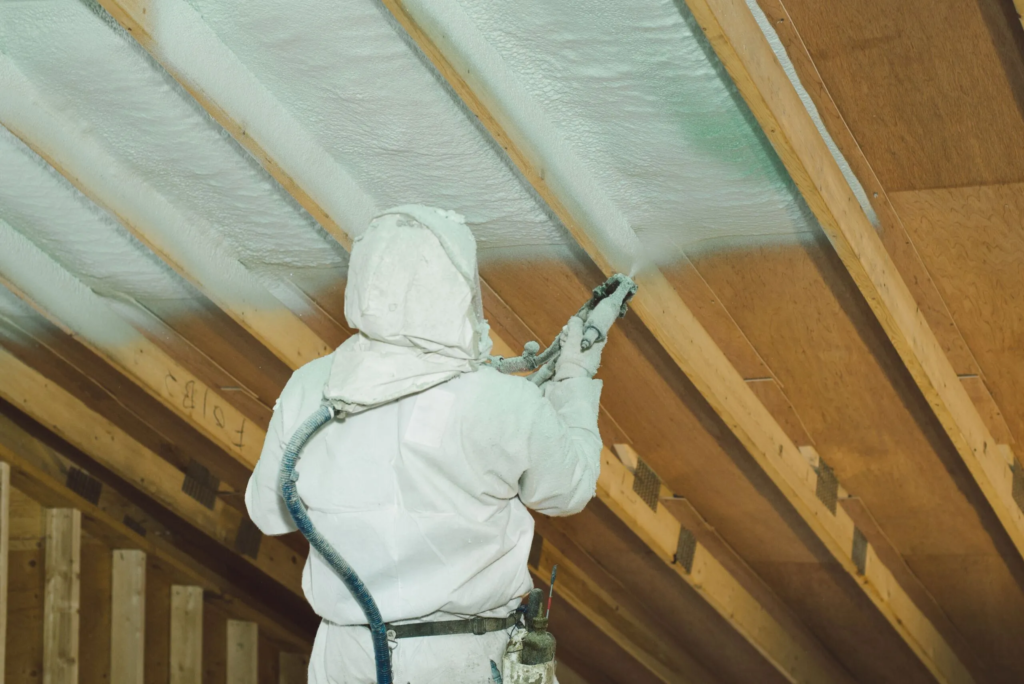
Reviewer:
Olivia Thompson has spent 10 years working in spray foam insulation, helping companies grow their visibility. She reviewed this article and provided valuable suggestions on how to better align the content with the needs and expectations of customers, ensuring it resonates with the target audience.






